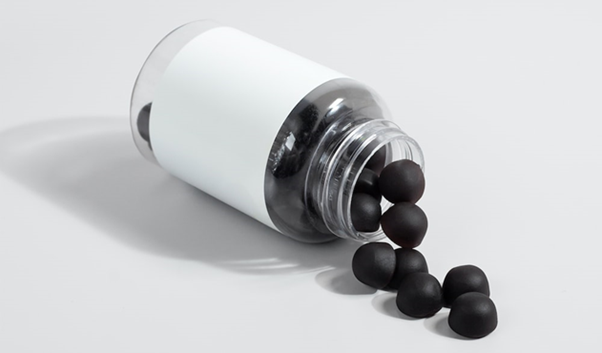Probiotics when to take?
When deciding to take probiotics, one of the most common questions is when you should take them for optimal benefits. In this article, we'll explore when to take probiotics and how to get the most out of this supplement.
When is the Best Time to Take Probiotics?

The best time to take probiotics is before a meal or snack that includes fat or protein. This helps increase the effectiveness of the probiotic supplement because fat and protein can reduce the absorption rate of some supplements. Taking probiotics on an empty stomach may lead to less absorption in your intestines.
It's also important to note that not all probiotic supplements are created equal. Different strains and types will have their own benefits and there may be specific times they need to be taken in order for those benefits to be maximized. It's best to consult with your healthcare professional or pharmacist before choosing a particular strain or type that works best for you and your body's needs.
How Many Times a Day Should You Take Probiotics?

It depends on what type of probiotic supplementation you're using, as different products will have varying amounts of live bacterial cultures per dose or packet. For example, some contain 10 billion CFUs (colony forming units) per capsule while others may have 50 billion CFUs each. Depending on which product you choose it may only require once daily dosing whereas other products might require twice daily doses. Always consult with a healthcare professional about dosage instructions for any particular product before taking it, that way you will know exactly how much and how often you should be taking it for maximum benefit.
Taking Care of Your Probiotic Supplement
Probiotic bacteria are very sensitive organisms; even if stored correctly they don't necessarily last forever. It's important to read any storage instructions included with your supplement carefully in order to ensure maximum potency and effectiveness ,as well as keeping tabs on expiration dates too if necessary. Additionally, avoid consuming antibiotics if possible as these can potentially kill off healthy bacteria in your system which would then negate the effects of any probiotic supplementation taken previously.
In conclusion, when deciding what time is best for taking probiotics it largely depends on both personal preference as well as specific type used - although generally speaking before meals with fat/protein content seems ideal.

Do research and purchase high-quality supplements from reputable sources for maximum benefit. This is the brand we recommend Vita Miracle, which contains 30 billion CFU'S and 18 Strains of Probiotic.
OR
Frequently Asked Questions
- Choose a high-quality, reputable product.
- Take the recommended dosage on the label.
- Consume with or shortly after a meal for better bacterial survival.
- Be consistent with daily intake.



